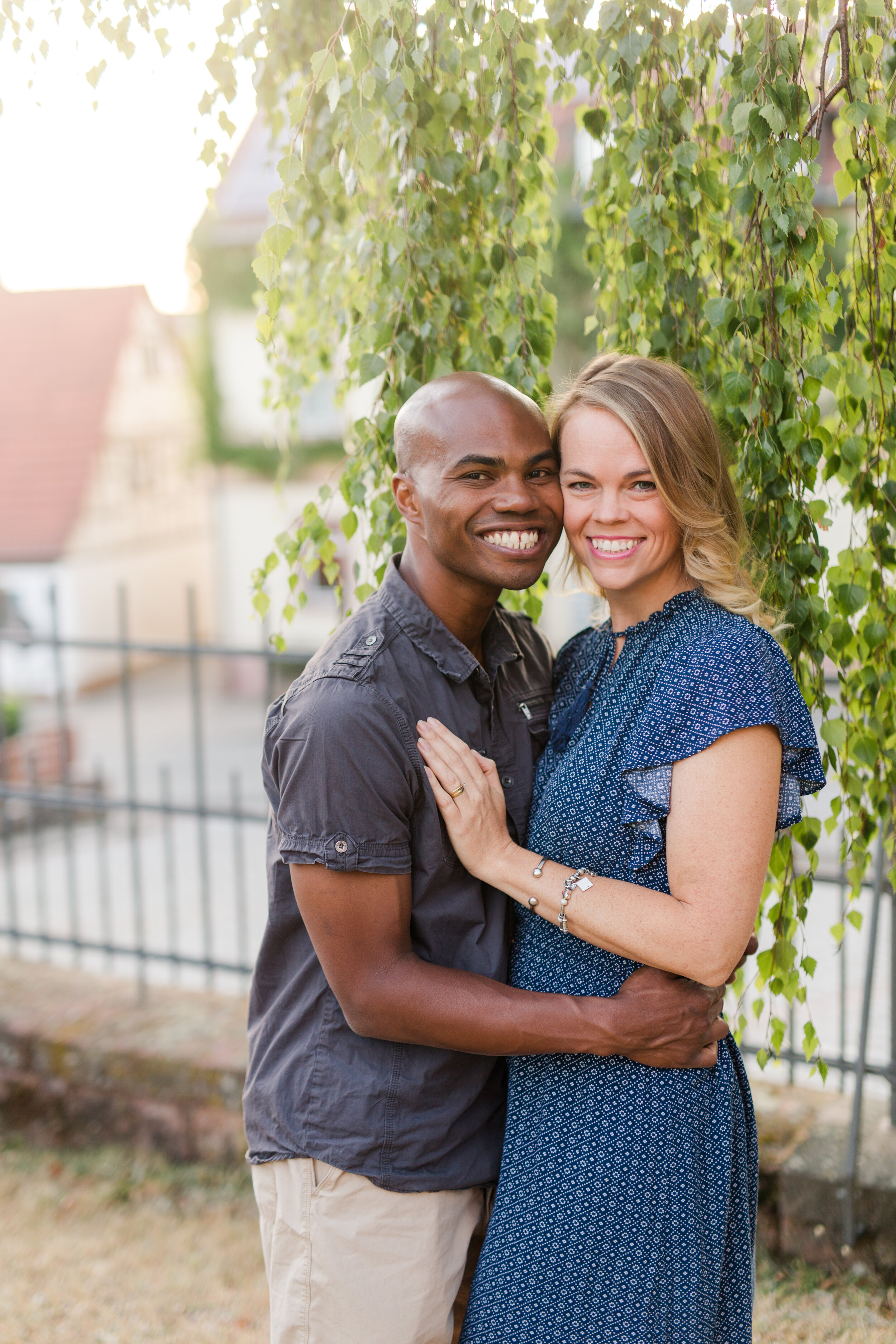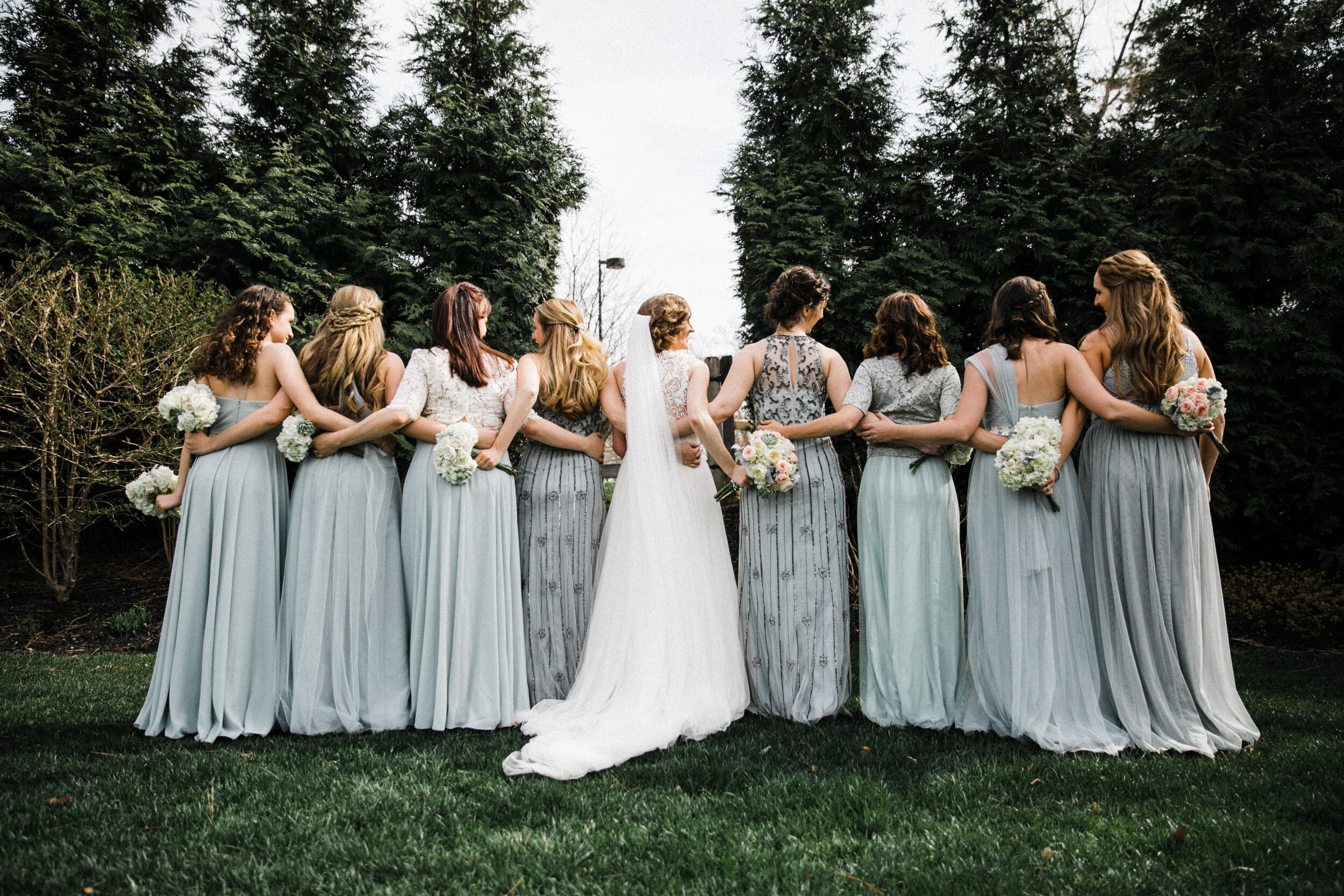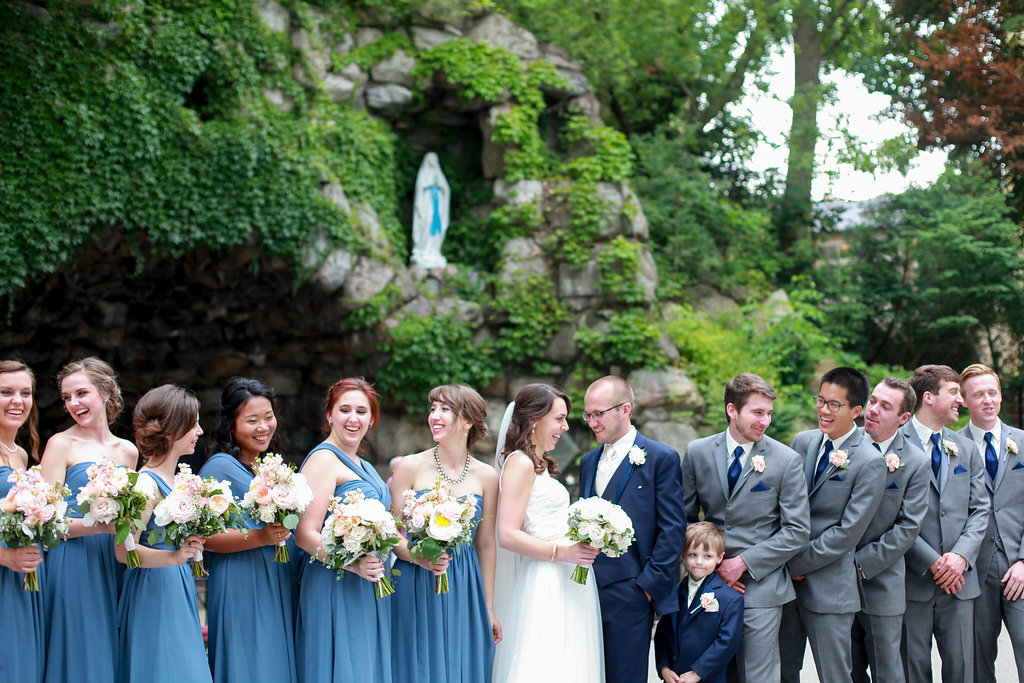Tips for Merging Your Prayer Lives as Newlyweds
/EMILY DE ST AUBIN
Most engaged couples hear from their premarital counselors that it is vital for them to remain faithful to praying as individuals and as a couple. While dating and engaged my husband and I learned that we were both faithful to prayer and committed to its priority in our lives.
PHOTOGRAPHY: EMILY CONSTANCE PHOTOGRAPHY AS SEEN IN SIERRA AND PATRICK’S FAMILY-CENTERED TLM WEDDING
But, our first year of marriage revealed that there were way more practical things to consider than just our love of God and desire to grow spiritually together.
For example, I’m a morning person. I prefer praying early- well before the daily grind begins. I like to wake up slowly and make coffee and snuggle with the Rosary and the Liturgy of the Hours.
My husband, on the other hand, is a night person. He is often up late with the lamp on after the house and the streets outside have gone dark. He’ll pour over whatever scripture has his attention, allowing the Living Water to wash off his day; and he prefers the Chaplet of Divine Mercy to the Rosary.
Seeing each other’s prayer routine’s up close made us each feel ashamed in different ways. I felt guilty that after my morning routine, I usually felt like my spiritual work was done. By the end of the day, I’m exhausted and just want to turn my mind off- not turn my mind to spiritual things.
He was and is often put down by a lot of “manly” prayer exercises that require waking up before the sun when he simply isn’t conscious that early. I would see his inability to wake up with me as a lack of commitment. He would see my reluctance to stay up late in prayer with him the same way. We both often felt let down when the other wouldn't join in our prayer routines.
While our commitment to God and prayer was deep, radical, and real- it manifested itself very differently in our different personality types and spiritual journeys.
Marrying someone who has been walking with God for their entire life is a tremendous gift, and it comes with the burden of joining together two well-established and deeply rooted prayer lives.
No matter if you are single, engaged, or married, this is an important conversation to have with the people that you share life with and want to grow closer to God through prayer with. You will need to support, encourage, and make space for each other to worship God in the ways that He is calling you to as individuals. You will also need to find new ways to pray that you can do together.
Here are some questions to help you start the conversation:
How would you describe your daily prayer routine?
Tell me about some hard times in your life. What types of prayer did you turn to? What brought you comfort?
When you have had a big decision to make, how have you prayed through it? -What spiritual devotions do you find most edifying?
What do you do when you can’t feel God?
What times of day do you find it easiest to pray?
What prayer do you want to invite me into? What would you rather do alone?
When you seem like you’re in crisis, what is the best way for me to encourage you to turn to God?
Make a plan, try it out, expect it to change. Each season of your life has taken on a new rhythm and tone. Take time to notice the things that have stayed the same, and aspects that have grown into something altogether different. Allow and expect God to guide you and your partner through the changes together- into something completely new.
A word of note: This is not a place to leave any doubt of love and acceptance. Allow your partner to teach you, and pray they allow you to teach them. Ask the Holy Spirit to guide and bless the conversation.
Whatever your partner tells you brings them closer to God, see it from their perspective- even if it’s something that you’ve experienced very differently. Expect to come out of it with a new perspective.
About the Author: Emily is a '15 graduate of Franciscan University of Steubenville with a bachelor's of science in marketing. Since college, her experience in ministry has included teaching the Catholic faith through wilderness experiences in the Colorado Rocky Mountains with Camp Wojtyla, Core Team with her local LifeTeen, and participating in Young Adult groups throughout her many moves. Emily has been married to her husband Eddie for five years and they have three children together.

































